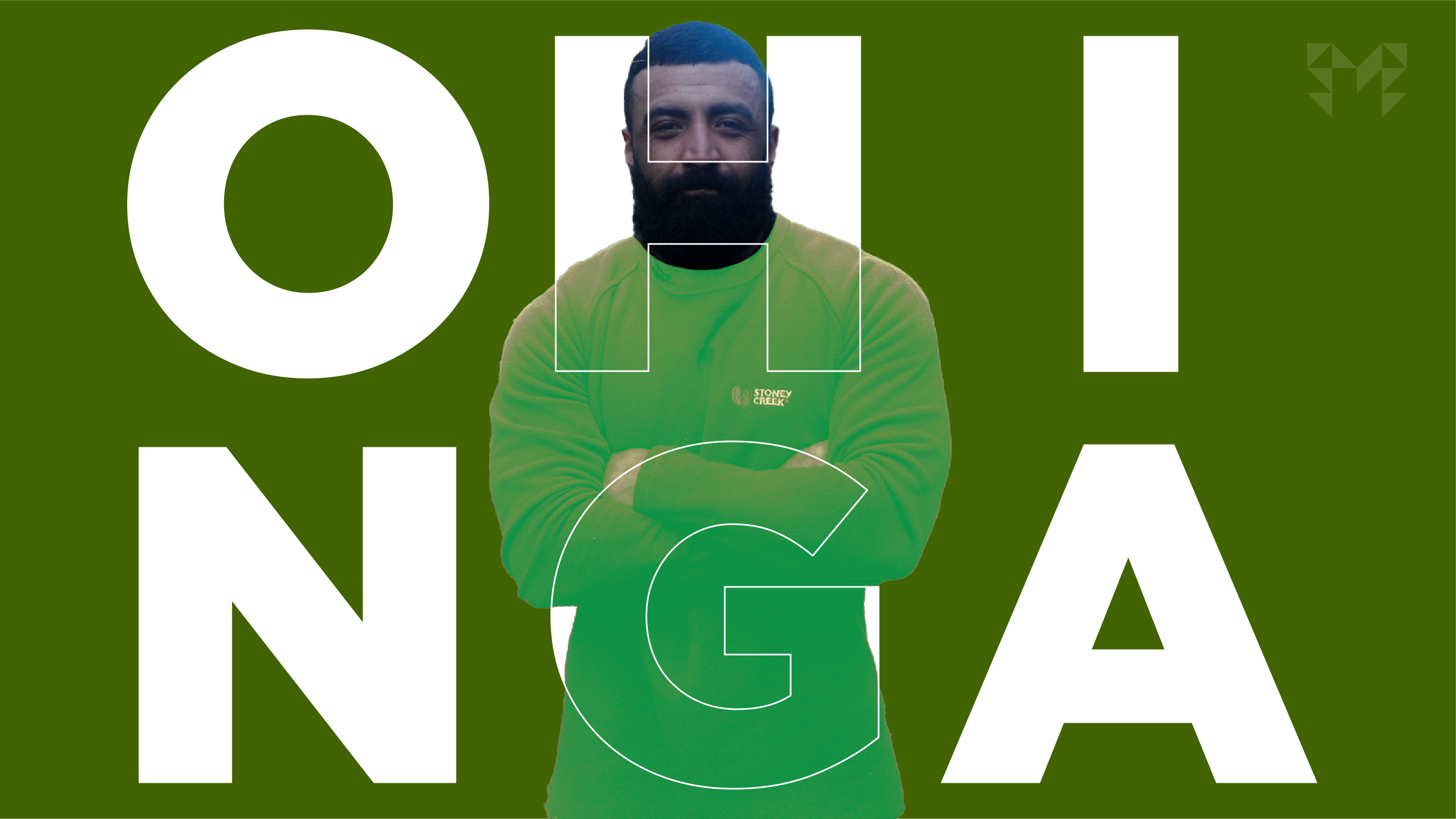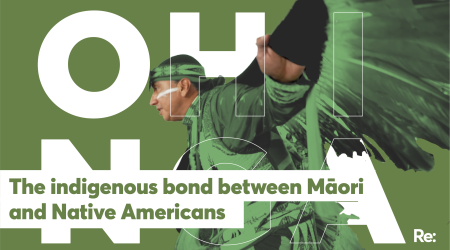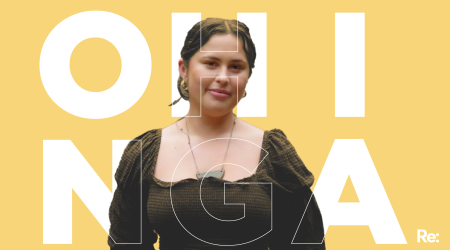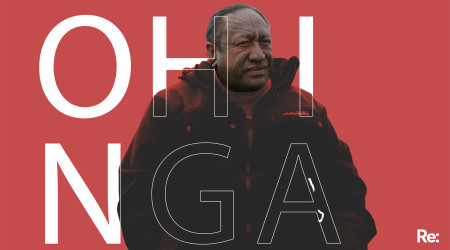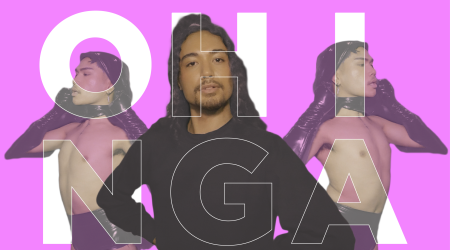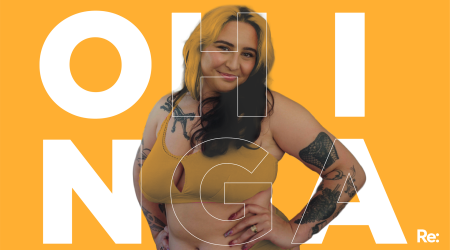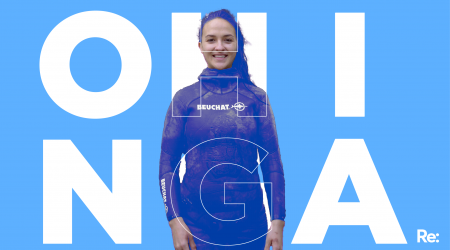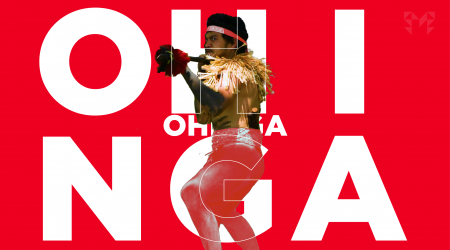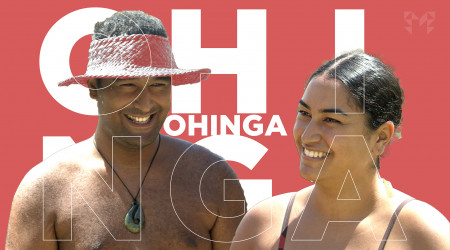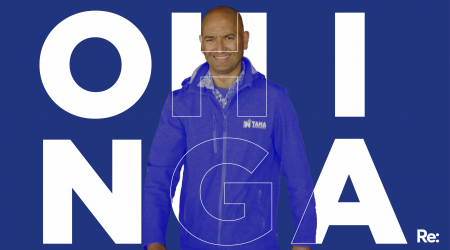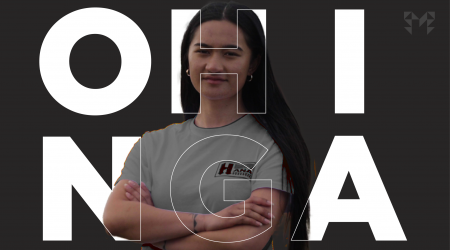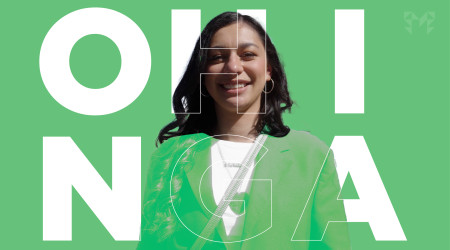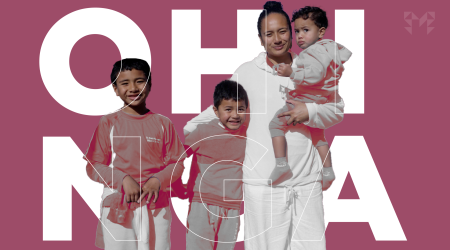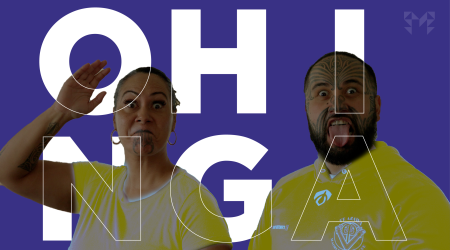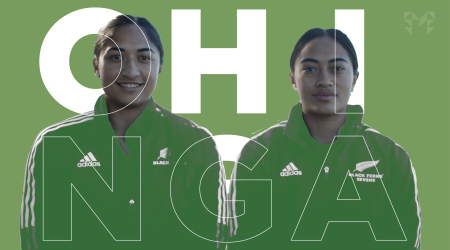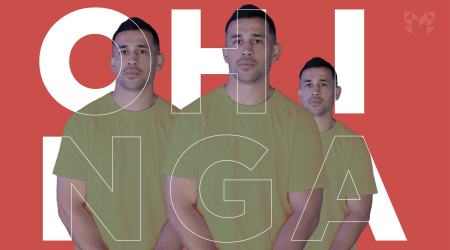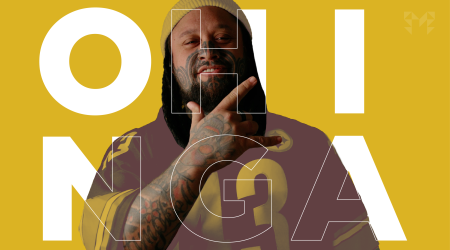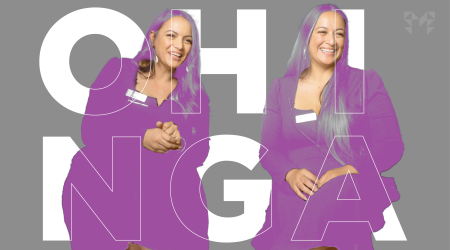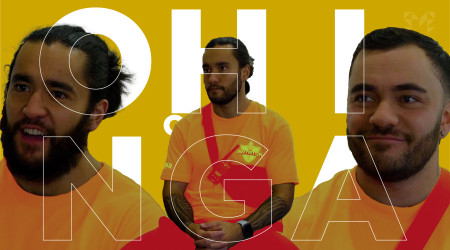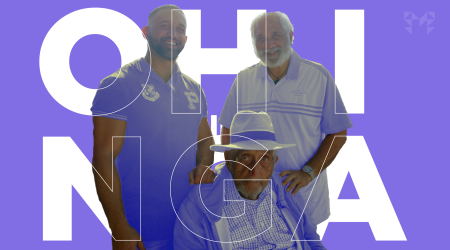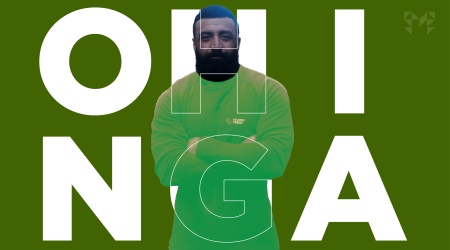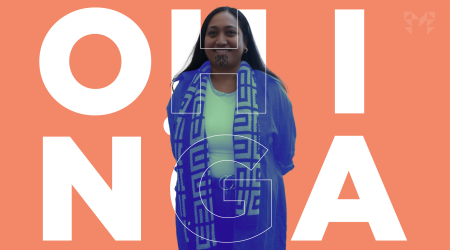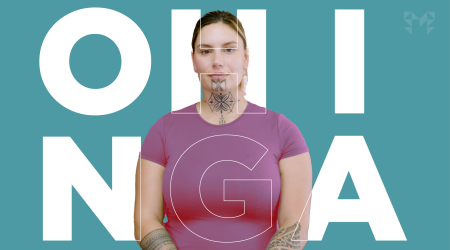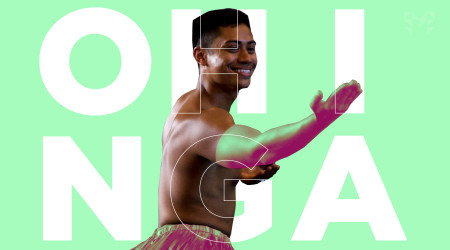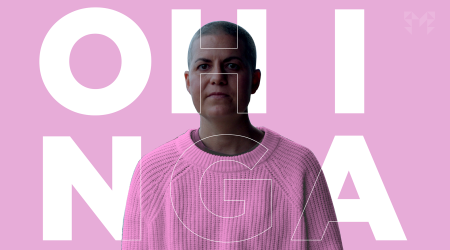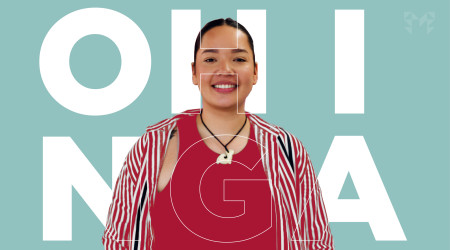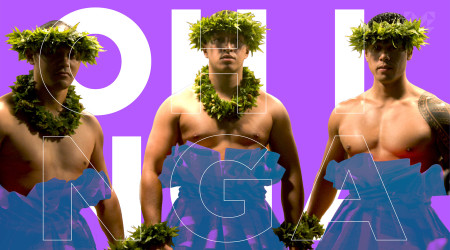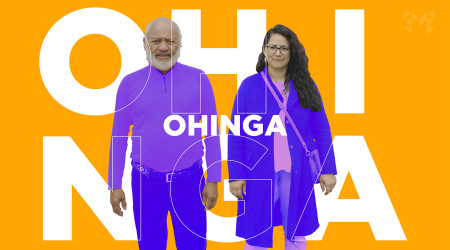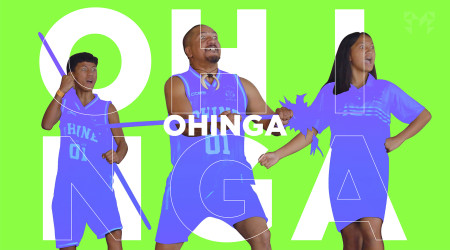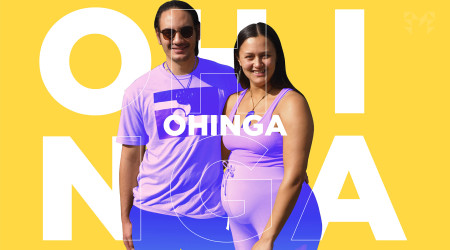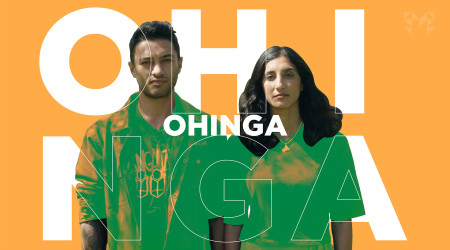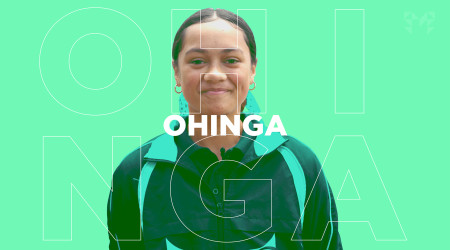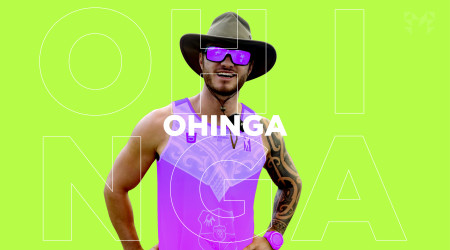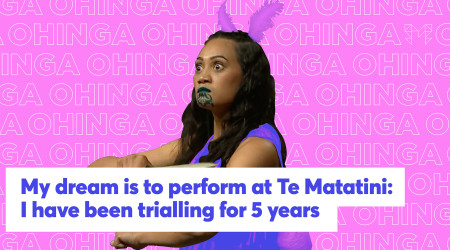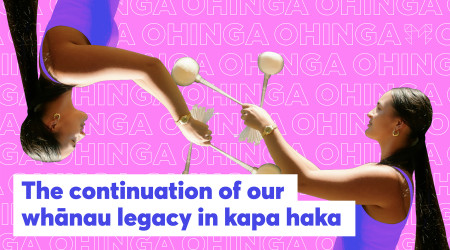The vital role of harvesting kai for hautapu
"For me, it's not trying to catch the biggest tuna (freshwater eel); it's about the whakaaro you're putting into harvesting this."
Ranginui Rikirangi-Thomas has been given the important task of gathering kai as part of the offerings for the national Hautapu ceremony in Rotorua this Friday for Matariki.
The Hautapu is a significant ceremony where various foods are offered to Matariki, symbolising our aspirations and dreams for the upcoming year.
Food like kūmara which belong to Tupuānuku, chickens which belong to Tupuārangi, tuna or freshwater eels which belong to Waitī, and seafood which belong to Waitā are gathered and offered in the ceremony.
Ranginui’s approach to gathering kai, like the tuna, involves only taking what is needed.
He strongly believes that these traditions associated with Matariki should be cherished and celebrated by everyone in Aotearoa: emphasising the importance of upholding Māori traditions while rejoicing in the festivities of Matariki.
He sees Matariki as a special force that brings people from diverse backgrounds together, fostering a sense of unity and connection.
"Matariki serves as a unifying force, bringing people from all walks of life together."
This is part of our reo Māori series, Ohinga, created by Mahi Tahi Media, with funding from Te Māngai Pāho. Stay tuned for a new episode every week.
More stories:
Mānawatia a Matariki! Where to celebrate Matariki around NZ
Matariki is coming up, which is a time for celebrations, reflection and looking forward.
Why Matariki falls on a different day each year
Matariki is very much connected to the kai we receive throughout the year.
Five ways to embrace Matariki
This year, the Matariki public holiday falls on July 14.
